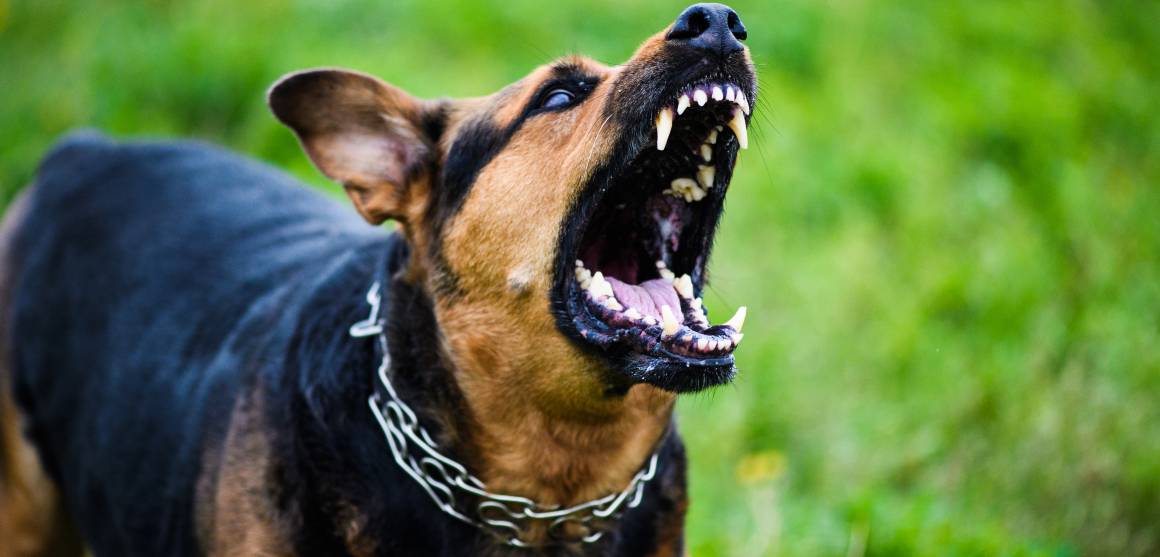Introduction:

For many pet owners, dealing with an aggressive dog can be a challenging and emotionally draining experience. Aggression in dogs can manifest for various reasons, including fear, anxiety, or even past traumatic experiences. As the search for natural and effective solutions continues, one promising avenue gaining popularity is the use of cannabidiol (CBD). In this blog post, we will delve into the world of CBD for aggressive dogs, exploring its potential benefits and shedding light on its role in promoting canine well-being.
Understanding Canine Aggression:
Before diving into the potential benefits of CBD, it’s essential to understand the underlying causes of aggression in dogs. Canine aggression can be categorized into different types, such as territorial aggression, fear-based aggression, and social aggression. Identifying the root cause is crucial for developing an effective treatment plan.
The Role of CBD in Canine Well-Being:
CBD, a non-psychoactive compound derived from the hemp plant, has gained traction in the pet wellness industry for its potential to address various health issues, including anxiety and aggression in dogs. Unlike its counterpart, THC (tetrahydrocannabinol), CBD does not produce a “high” effect, making it a safe option for pets.
1. Anxiety Reduction:
Aggressive behavior in dogs is often linked to anxiety or stress. CBD interacts with the endocannabinoid system, which plays a key role in regulating mood and stress responses. By binding to receptors in the brain, CBD Gummies also help modulate anxiety levels, promoting a sense of calmness in dogs.
2. Pain Management:
Aggression can sometimes be a result of pain or discomfort. CBD is known for its anti-inflammatory and analgesic properties, making it a potential option for managing pain in dogs. By alleviating physical discomfort, CBD may contribute to a reduction in aggressive behavior.
3. Improved Sleep Patterns:
Quality sleep is essential for overall well-being, and disruptions in sleep can contribute to irritability and aggression. CBD has been studied for its potential to regulate sleep patterns by influencing factors such as anxiety and pain. A well-rested dog is more likely to exhibit calmer behavior.
4. Enhanced Socialization:
CBD may aid in improving a dog’s socialization skills by reducing anxiety in social situations. Dogs that struggle with aggression often find it challenging to interact with other animals or people. By promoting a sense of relaxation, CBD could facilitate more positive social experiences for dogs.
5. Balancing Neurotransmitters:
CBD has been shown to interact with serotonin receptors in the brain. Serotonin is a neurotransmitter associated with mood regulation, and imbalances can contribute to anxiety and aggressive behavior. CBD’s potential to modulate serotonin levels may contribute to a more stable emotional state in dogs.
Usage and Dosage:

Before incorporating CBD into a dog’s routine, it’s crucial to consult with a veterinarian. Each dog is unique, and factors such as size, weight, and individual health conditions should be taken into account when determining the appropriate dosage. CBD for dogs is available in various forms, including oils, treats, and capsules, allowing pet owners to choose a method that suits their dog’s preferences.
While CBD offers promising benefits for addressing aggression in dogs, it’s important for pet owners to be aware of potential risks and considerations. Every dog is unique, and what works well for one may not be suitable for another. It’s crucial to monitor your dog’s response to CBD and make adjustments as needed.
1. Quality and Purity:
Not all CBD products are created equal. The market is saturated with various brands and formulations, so it’s vital to choose high-quality, reputable products. Look for CBD products specifically designed for pets and ensure they undergo third-party testing for potency and purity.
2. Side Effects:
Though CBD is generally well-tolerated by dogs, some may experience mild side effects such as lethargy, dry mouth, or changes in appetite. Monitoring your dog closely when introducing CBD treat for dogs can help identify any adverse reactions, and adjustments to dosage or discontinuation can be made if necessary.
3. Drug Interactions:
CBD can interact with certain medications, potentially affecting their efficacy. If your dog is on any prescription medications, it’s crucial to consult with a veterinarian before introducing CBD. Professional guidance will help prevent potential complications and ensure the safety of your dog’s overall health.

4. Consistency is Key:
Achieving optimal results with CBD for aggressive behavior requires consistency. Establishing a regular dosing schedule is essential to maintain a steady level of CBD in your dog’s system. Skipping doses or inconsistent use may diminish the potential benefits.
5. Gradual Introduction:
When introducing CBD to your dog, start with a low dose and gradually increase it as needed. This allows you to observe how your dog responds and find the optimal dosage for their size and condition. A gradual approach minimizes the risk of overwhelming your dog’s system.
6. Complementary Approaches:
While CBD may help manage aggression, it’s often most effective when used in conjunction with other behavioral interventions. Positive reinforcement training, behavior modification, and addressing any underlying issues contributing to aggression are integral components of a comprehensive treatment plan.
Conclusion:
While CBD shows promise in addressing aggression in dogs, it’s essential to approach its use with caution and responsibility. Consulting with a veterinarian is paramount to ensure that CBD is a suitable option for a specific dog and to determine the correct dosage. Additionally, combining CBD with positive reinforcement training and addressing any underlying issues contributing to aggression will yield the most effective results.
In the journey to help our furry friends lead happier, healthier lives, CBD emerges as a potential ally in the battle against canine aggression. As research progresses and more pet owners share their success stories, the role of CBD in promoting canine well-being may become increasingly recognized. The road to a calmer, more content dog might just be paved with the natural benefits of cannabidiol.








